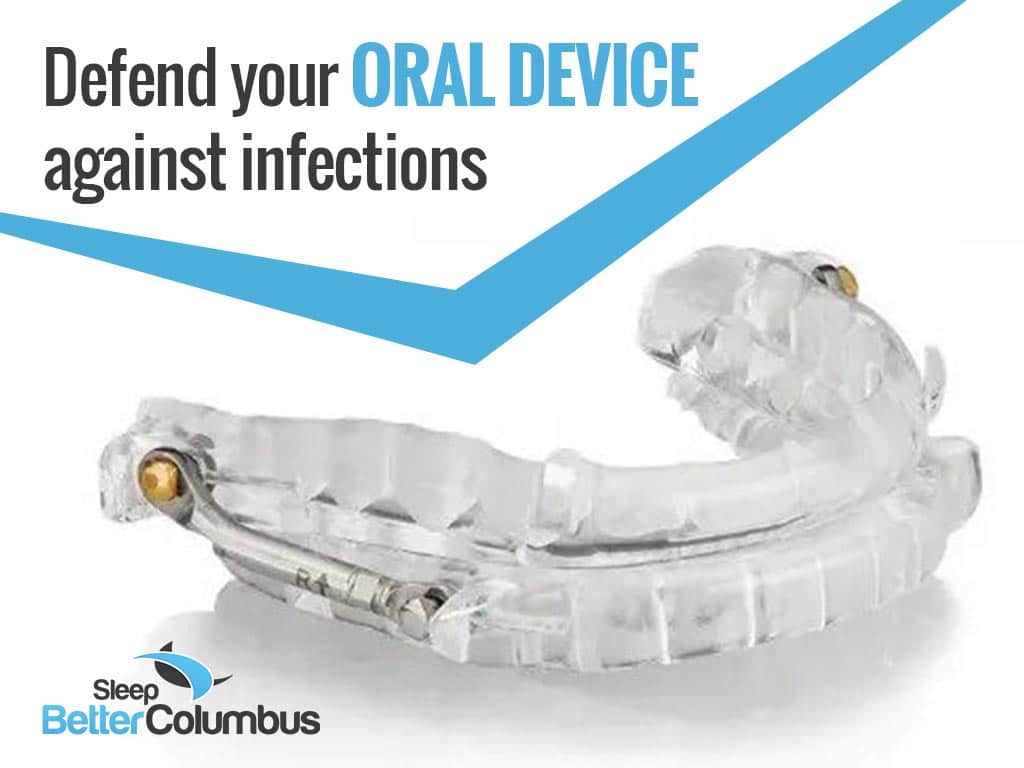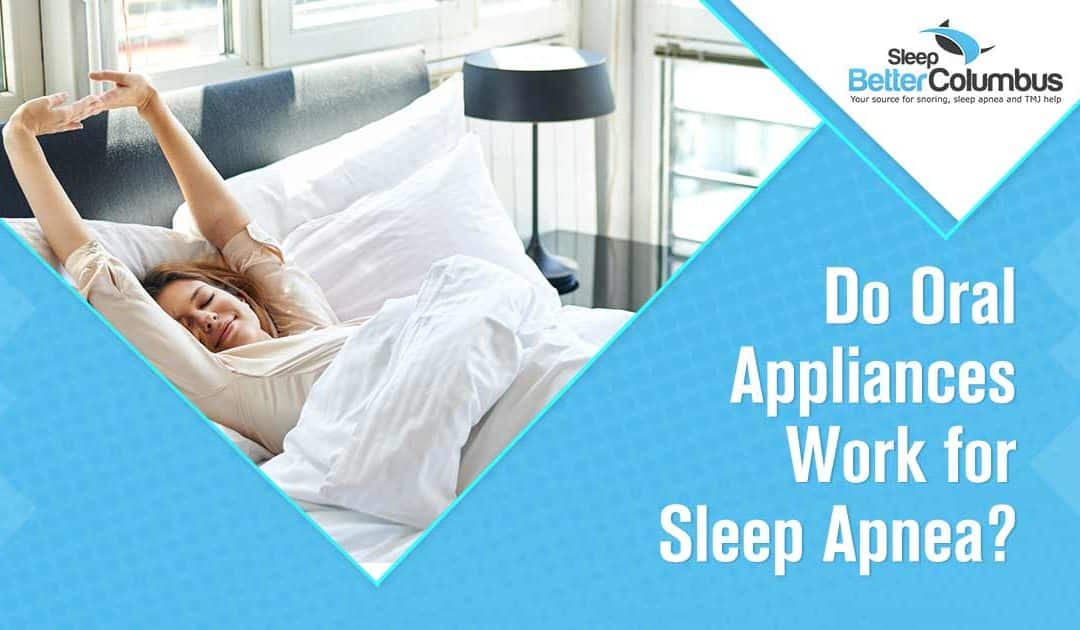
What do insurance companies consider oral appliance for sleep apnea?
Suffering from sleep apnea can not only disrupt your sleep, but it can be a serious health problem. This is why it’s important to get diagnosed so that you can get the treatment you need. One of the treatments that many people choose is an oral appliance. For many, this is much easier to use than some other available therapy options.
But, as with many medical treatments, the cost can be an issue. Although you have health insurance, many people still wonder, what do insurance companies consider oral appliance for sleep apnea? Let’s answer that question and look at some of the issues surrounding sleep apnea.
What is Sleep Apnea?
If you are diagnosed with sleep apnea, this means you pause when you’re breathing during sleep, or there is a reduction in your breathing. If someone stops breathing completely or takes less than 10% of a normal breath for ten seconds or more, they are experiencing an apnea or obstructive sleep apnoea. If you are experiencing sleep apnea, you may suddenly wake up or move from a deep sleep to a more shallow sleep.
To determine if you have sleep apnea, a sleep study is generally needed. During a sleep study, sleep patterns are monitored to see if someone stops breathing during the middle of the night and at what frequency. This will help doctors determine if they have sleep apnea and what type. From there, the proper course of sleep apnea treatment can be devised.
Treating Sleep Apnea
Once you’re diagnosed with sleep apnea, it’s time to get treatment. Oral appliances are a popular option over using a continuous positive airway pressure (CPAP) machine. Some people find these CPAP therapy machines to be noisy and intrusive.
Oral appliance therapy works to treat sleep apnea by moving the lower jaw forward to open the airway and unblock the windpipe, which can improve breathing and lead to a better night’s sleep. FDA-registered oral devices can be used to treat sleep apnea when they are given by a qualified dentist trained in dental sleep medicine. At Sleep Better Columbus, we can help you find the right oral appliance to treat your sleep apnea and get you a better night’s sleep.
Insurance and Oral Appliance Treatment for Sleep Apnea
Since all insurance companies are different, you’ll need to contact your specific insurance company to make sure that you are covered for an oral appliance for sleep apnea. Generally, plans will at least cover a portion of the cost.
Most health insurance plans consider oral appliances or dental appliances for sleep apnea as a piece of medical equipment. This is why they will cover it. There are more than 100 FDA-approved oral appliances available to help treat sleep apnea. Your insurance may specify the type of oral appliance that they will cover instead of letting the doctor and patient choose. These are things you will need to ask your benefits department.
To get coverage for an oral appliance for sleep apnea, you’ll have to show that you suffer from the condition and not just chronic snoring. A copy of the sleep study and any medical notes from your sleep apnea screening appointment is also necessary. Your medical history will also be considered. Some insurance companies may also require other documentation, so it’s best to ask so that you are prepared.
Of course, for your insurance company to pay for an oral appliance for sleep apnea, it needs to be prescribed by your doctor. The insurance company will need to see that documentation to provide any level of coverage.
Although the equipment goes in your mouth, an oral mouthpiece is treated under your health insurance, not your dental insurance. The device is being used to treat a medical condition, not one that is specific to your dental health. An oral appliance is seen as a piece of medical equipment because it can be used to improve your health.
When people begin using oral appliance treatment for sleep apnea, they can also help to avoid serious health problems such as:
- High blood pressure
- Stroke
- Diabetes
- Heart disease
If you have a medical history of any of these or a family history of them, it’s important to get treatment for your obstructive sleep apnea as soon as possible.
How Much Do Oral Appliances for Sleep Apnea Cost?
This is a difficult question to answer because there are so many oral devices for sleep apnea available. Since they are custom-fit to each patient and everyone may choose something different depending on their condition, it’s best to ask your doctor which ones are best for you. From there, you can price them out and get a better idea of the cost.
Once you have an estimate, you can find out how your insurance may cover it. This will also vary depending on your plan. If you have a deductible, this will come into play, as well as if you have any co-insurance. Many times patients do need to pay for a percentage of the cost. But, the exact dollar amount will depend on your insurance coverage.
Contact Us!
When you need an oral appliance to treat obstructive sleep apnea (OSA), visit Dr. Mark Levy at Sleep Better Columbus. Dr. Levy is trained in treating sleep apnea and can recommend dental appliances for sleep that can help. Let Dr. Levy and his dental sleep staff show you the alternative to CPAP machine to improve the quality of your sleep.
The dental sleep medicine staff at Sleep Better Columbus can help you find an oral device for sleep apnea that your insurance will cover so that you can get your obstructive sleep apnea under control. Once you do, you’ll notice you’re getting a better night’s sleep as well as an improved quality of life. When you have your sleep apnea treated, you’ll feel energized and healthy.
Call Sleep Better Columbus today at 614-362-7292 to find out more about oral appliances to treat your sleep apnea.




